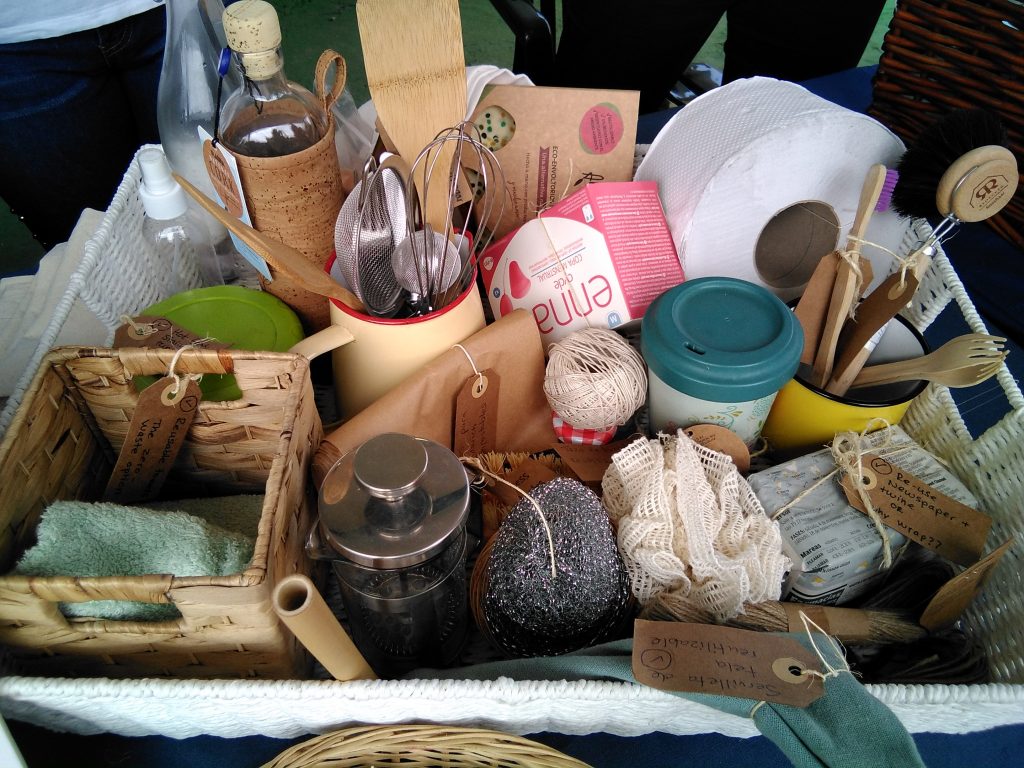Over the course of a year, a 100-bedroom hotel operating at 75 percent occupancy could go through approximately 23,400 miniature plastic toiletry bottles. At approximately 25 cents USD per bottle, that adds up to more than $5,000 per year. Finding a low-cost — and even zero-cost — substitution is likely appealing to a lot of accommodation owners.
But eliminating those miniature plastic bottles has a massive environmental benefit as well: Each one of those containers takes just under 100 years to break down. Year after year and accommodation after accommodation, that’s a lot of waste — and a huge opportunity for business owners to embrace less wasteful, more sustainable practices. With the recent release of “Let’s Reduce Single-Use - The Plastics Guide for Hotels” published by Travel Without Plastic, there is now a step-by-step resource for accommodations wanting to reduce their plastics waste while saving financial resources in the process.

The 100-page guide introduces the plastics problem, recognizing the fact that alternatives need to be accessible, affordable, available, health and safety compliant, and user-friendly. It then outlines strategies for eliminating plastics in the following areas: food and beverage, housekeeping, guest rooms, gardening/maintenance, spa/wellness, purchasing, and shopping outlets, taking into consideration all parts of the supply chain.
“Having traveled extensively, I started to notice how many hotels seem to support a throw-away, single-use lifestyle,” said Jo Hendrickx, founder of Travel Without Plastic. With a background in sustainable tourism particularly related to hotels, Hendrickx has developed a keen sense for minimal waste strategies available to accommodations regardless of size or destination over the years. Throughout the course of her career, she has encountered hundreds of hotel owners and employees who said they didn’t know what they could do to change their wasteful practices without compromising safety or health standards, but the truth is minimizing plastics use can be much easier than many people anticipate.
In addition to citing often unfounded health and safety concerns, Hendrickx said one of the main barriers hotels face in cutting out plastics is habit, such as putting miniature toiletries in the bathroom. “It’s not necessary. We don’t have to do it, but people have this belief that customers want this. The mindset is ‘we do this because this is what we’ve always done,” she said.
But breaking that habit starts with a single action. Hendrickx suggested a few things hotels can do today to begin reducing plastic waste:
- Remove those mini toiletries from rooms and inform guests that if they need these amenities, they are available by request. In conducting a test at a hotel to see how much plastic would be used over the course of a summer season with this strategy implemented, Hendrickx said not a single customer requested the amenities.
- Remove the notice in the bathroom that says the toilet has been cleaned. “People have expectations the toilet will be cleaned when their room is cleaned, and we don’t put a big banner over the bed to tell guests ‘your bed is cleaned,’ so why do we do it with the toilet?” Hendrickx said.
- Get the staff together and collect all pieces of plastic they use during the course of their workday at the hotel. Put all of these plastic items on a table and consider which of them don’t actually need to be used. “This is a good chance to see what the challenges and opportunities are and to start thinking about what could be changed at the hotel,” she said.
This article is part of an Adventure Travel Trade Association (ATTA) initiative addressing important topics identified as critical to the protection and continued advancement of the adventure travel industry. Each initiative — eliminating plastics, women in leadership, climate action, and young leaders — has a dedicated team focused on building awareness of, advancing educational opportunities in, and creating a lasting impact on each of these areas within the adventure travel industry. We invite you to visit the ATTA’s initiatives page where you can access reports, read the latest news, participate in active projects, and join conversations within the membership community.
